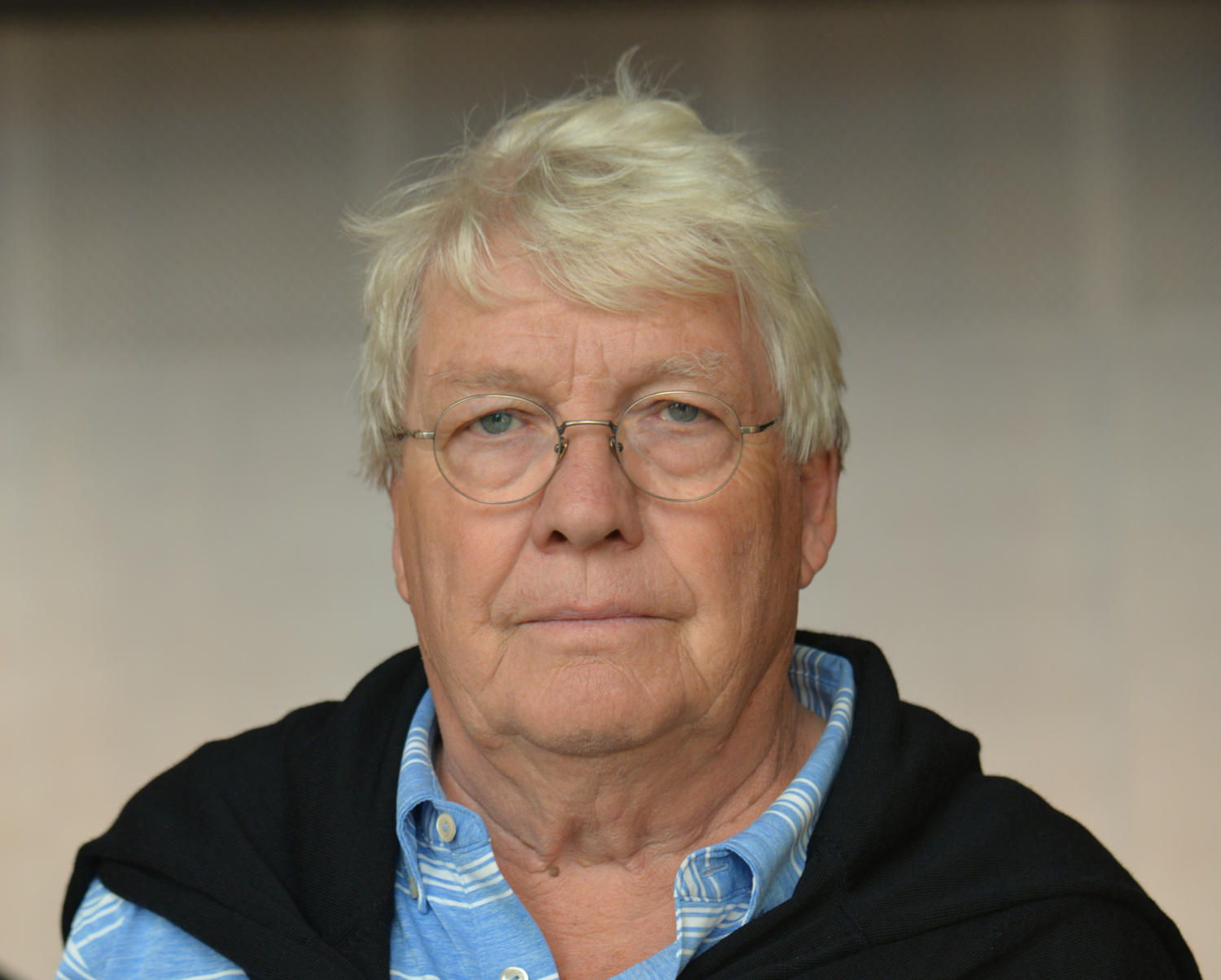Last week, WHO met with members of the European Parliament’s Special Committee on Beating Cancer (BECA) to discuss current and future strategic alignment of the cancer control agendas of both WHO and the European Union.
Cancer is one of the world’s leading causes of death
During the meeting, which took part in two sessions, one at WHO headquarters in Geneva, Switzerland, and a second at the offices of the International Agency for Research on Cancer (IARC) in Lyon, France, the key elements of Europe’s Beating Cancer Plan were presented, as were the key areas of WHO’s work on cancer. The Beating Cancer Plan includes a comprehensive range of activities for prevention, treatment and care of cancer. WHO’s focus on cancer has been sharpened in recent years, with activities now being conducted through three new global initiatives, on cervical, childhood and breast cancers. These Initiatives are not only already supporting more than 50 countries but are also providing a robust platform for accelerating action on the prevention and treatment of other noncommunicable diseases.
Topics of discussion during the meetings included reducing risk factors for cancer such as tobacco, alcohol and an unhealthy diet; the environmental risk factors for cancer such as air pollution and exposure to pesticides; increasing access to care for all who need it including reliable access to essential cancer medicines; and research on childhood, adolescent and rare forms of cancer. Opportunities for further collaboration were recognized, including for efforts in support of increased political commitments for cancer and maintaining cancer services during the COVID-19 pandemic.
“Cancer is one of the world’s leading causes of death,” said Dr Bente Mikkelsen, Director of WHO’s Department of Noncommunicable Diseases, following the meetings. “The efforts of the BECA Committee to ensure that the European response to cancer is commensurate with the suffering that the disease causes is admirable. WHO very much looks forward to strengthened collaboration with institutions of the European Union such as the European Parliament for improved and more equal cancer control, both across and within the countries of Europe.”








